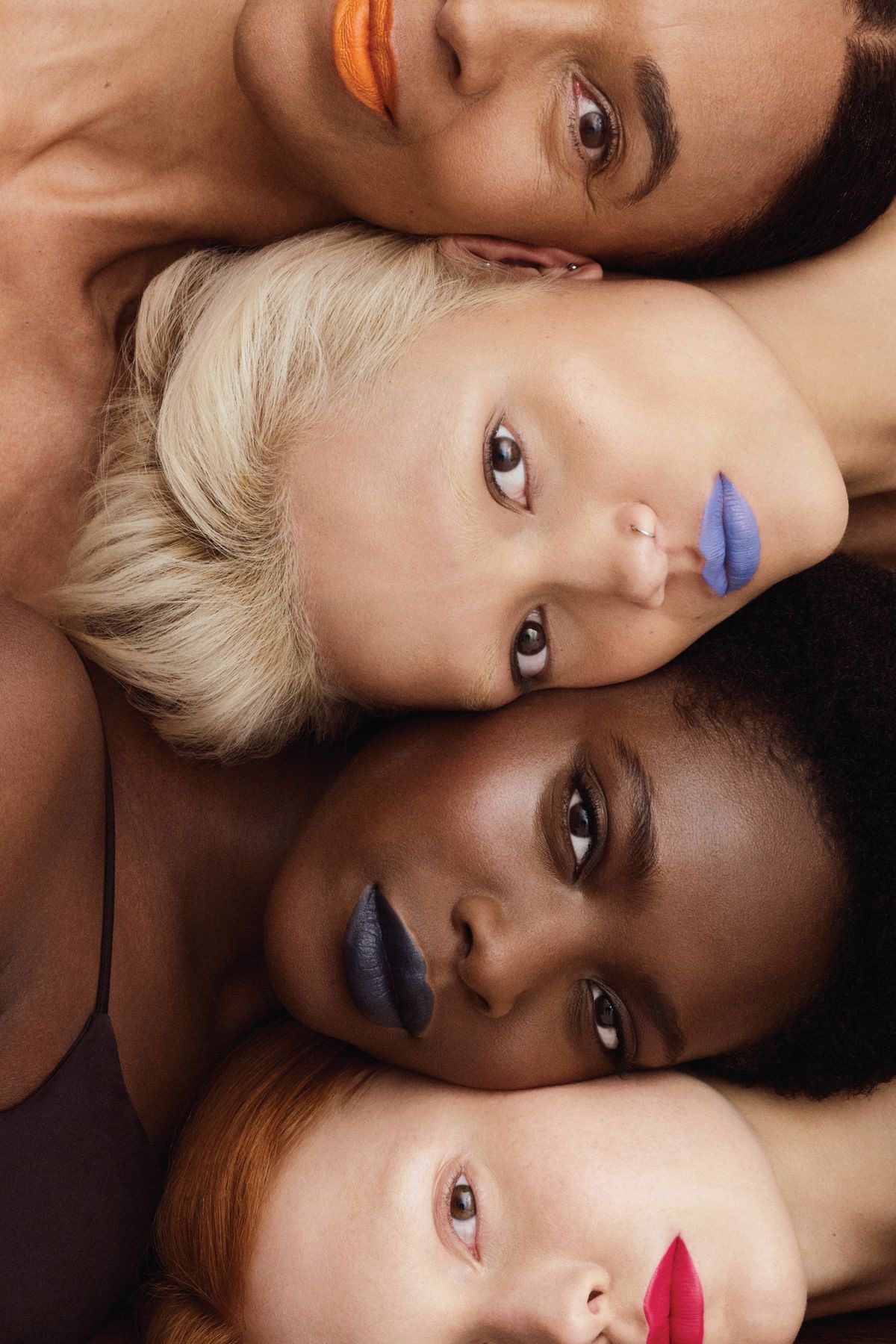Part of my job is involved with posting on social media, and I spend a few hours of my work week scrolling through news articles regarding tech, AI, cyber security, manufacturing, etc. I’ve learned more than I ever thought I would about these things and have been led down several rabbit holes looking up words and phrases I’ve never even heard before. Over the past few months I feel that I’ve gained a very basic understanding for a lot of what is going on in this digital world we live in and have gone out searching for articles that involve these new things I’ve learned about that also coincide with some of my interests like beauty, fashion, lifestyle, etc. So I’ve made a new category here called #GirlTech where I’ll be sharing some of the interesting articles I find that combine these two aspects of my life.
#GirlTech Find #1 L’Oreal & Bioprinted Skin

My mom wouldn’t let me start wearing makeup until I was in 8th grade – but I still remember that L’Oreal True Match foundation was the first makeup product I ever bought. I’ve used their products ever since – everything from concealer to hairspray to lipstick and beyond. Having such a long history with these brands and reviewing their products through firsthand experience – I was a bit shocked to learn about how much they are evolving with technology. I found this specific article really interesting as it talks about bioprinted skin the company is working on to use in their testing process rather than testing on animals. There are several reasons I think this will be big news and other brands will follow in their footsteps:
1. Reduction in Animal Testing
While L’Oreal actually stopped animal testing back in the 1980s, it is still a popular practice for many brands today. Millennials and GenZ are increasingly vegetarian and vegan and demanding products that are animal product free and cruelty free.
2. More Inclusive Shade Ranges
It’s become all the more apparent due to activism on social media that many brands do not include a diverse range of shades in their makeup products. While it’s unfortunate that in 2024 there is still so much work to be done in terms of inclusivity in shade ranges, this new bioprinted skin technology could provide more efficient ways for companies to ensure they have shades that will match all complexions.
3. Increased performance accuracy
On a similar note to inclusivity in shade ranges, makeup is not a one-size-fits-all situation. L’Oreal says that this new technology is able to mimic the complex differences of real human skin in order to make their products more effective saying, “This skin technology enables L’Oreal to mimic the diversity of real, human skin, including conditions such as eczema and acne, as well as the ability to tan and heal from injury.”
In addition to all of the benefits customers are likely to see from beauty brands taking advantage of new technology, I can’t help but also think about the benefits the businesses themselves will see from increasing their investments in new tech. L’Oreal is the mother of 37 brands – from Kiehls to Lancome – and a partnership with any of the companies that are ramping up their space in the world of AI partnerships is likely to boost business. I know that I personally and looking forward to doing more research on how some of my favorite brands are breaking into the tech industry and increasing the value and performance of their cult-favorite products.

